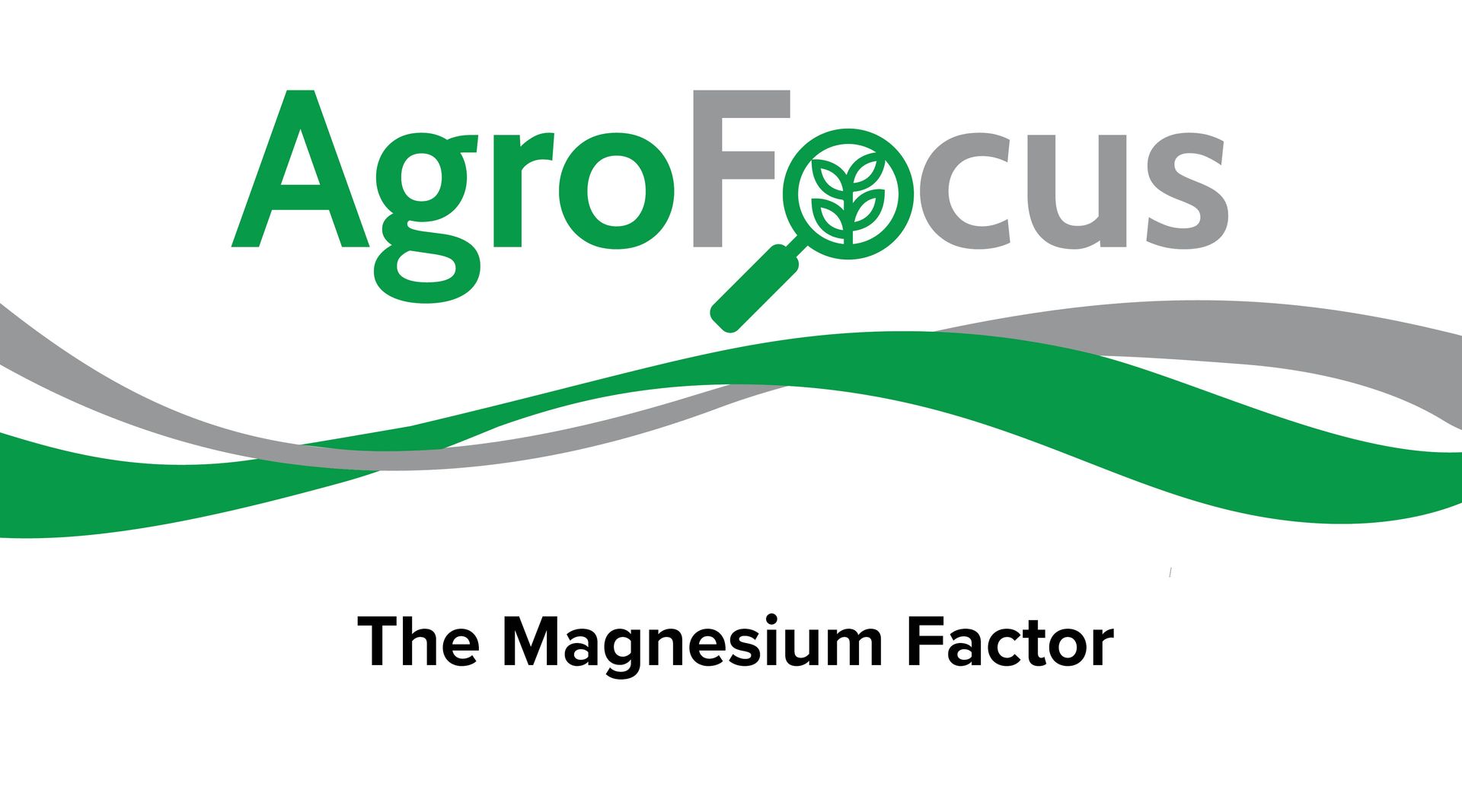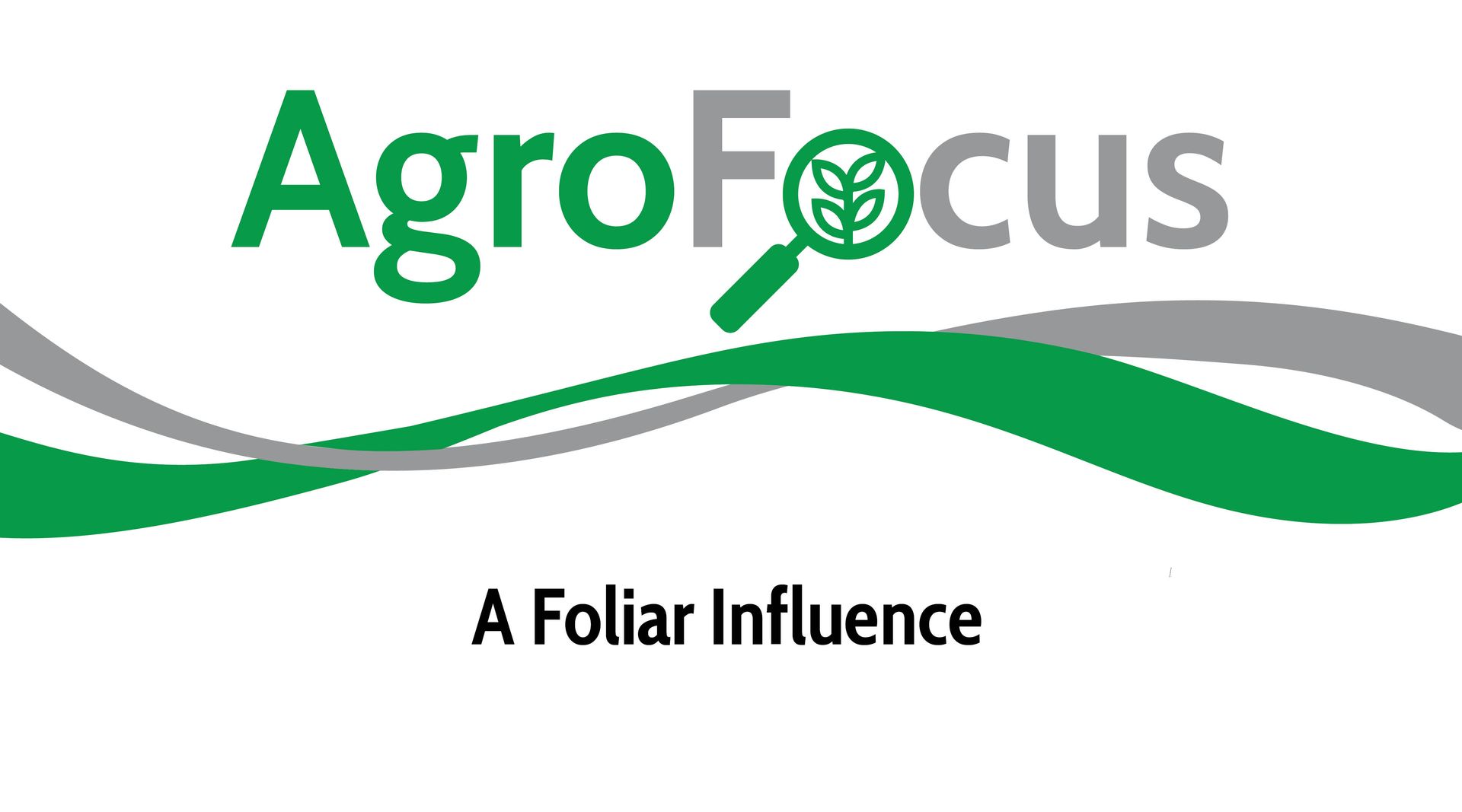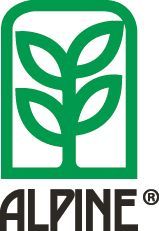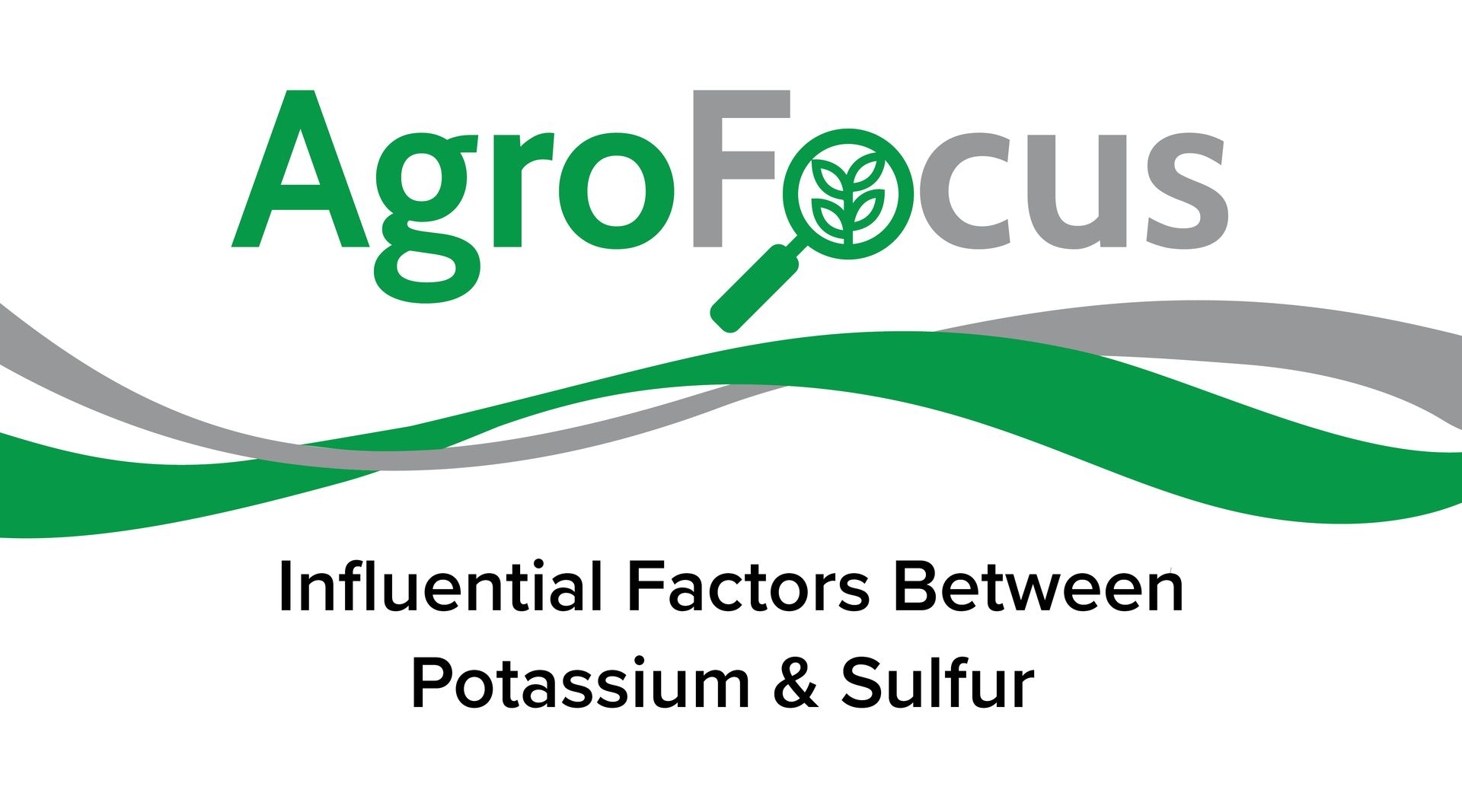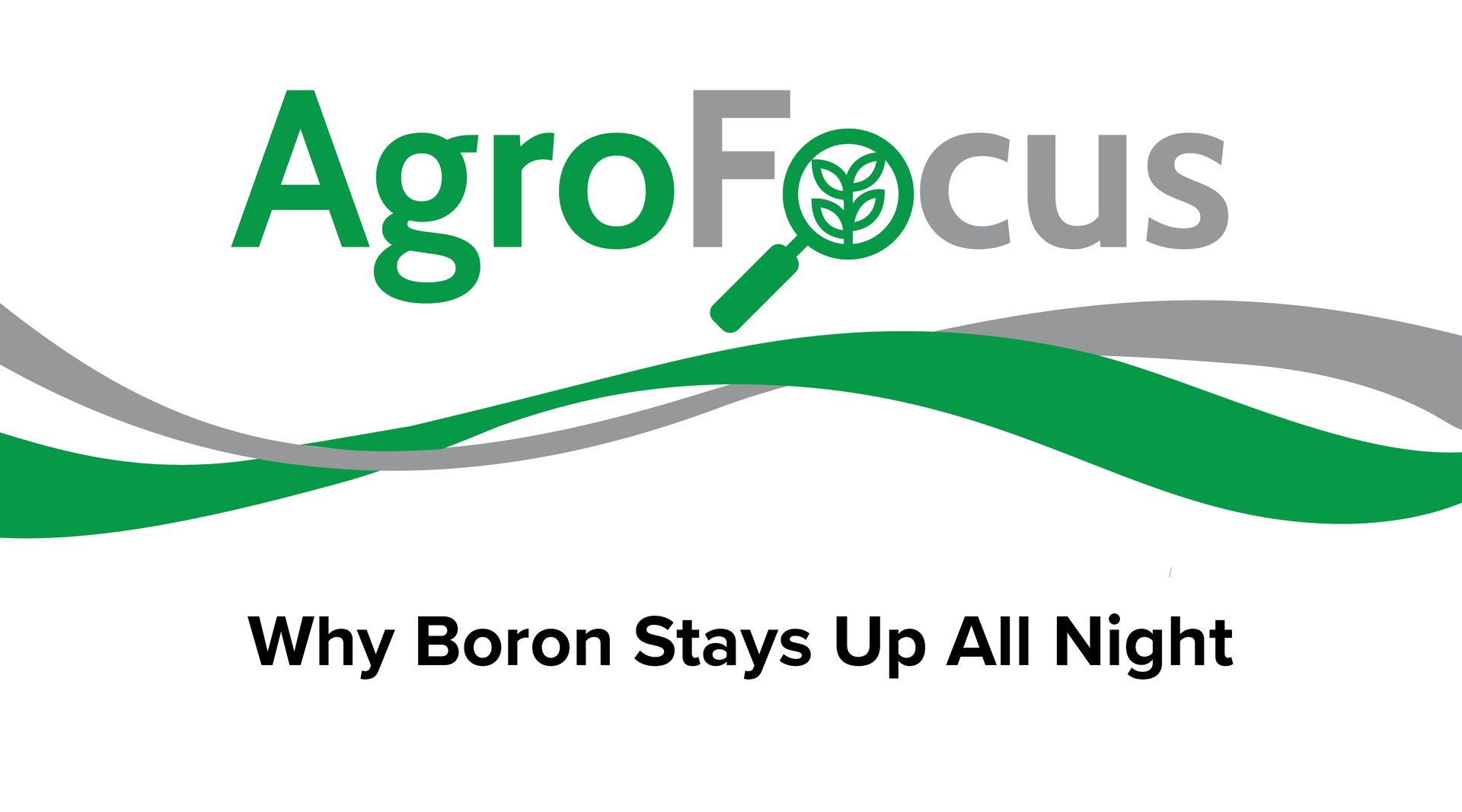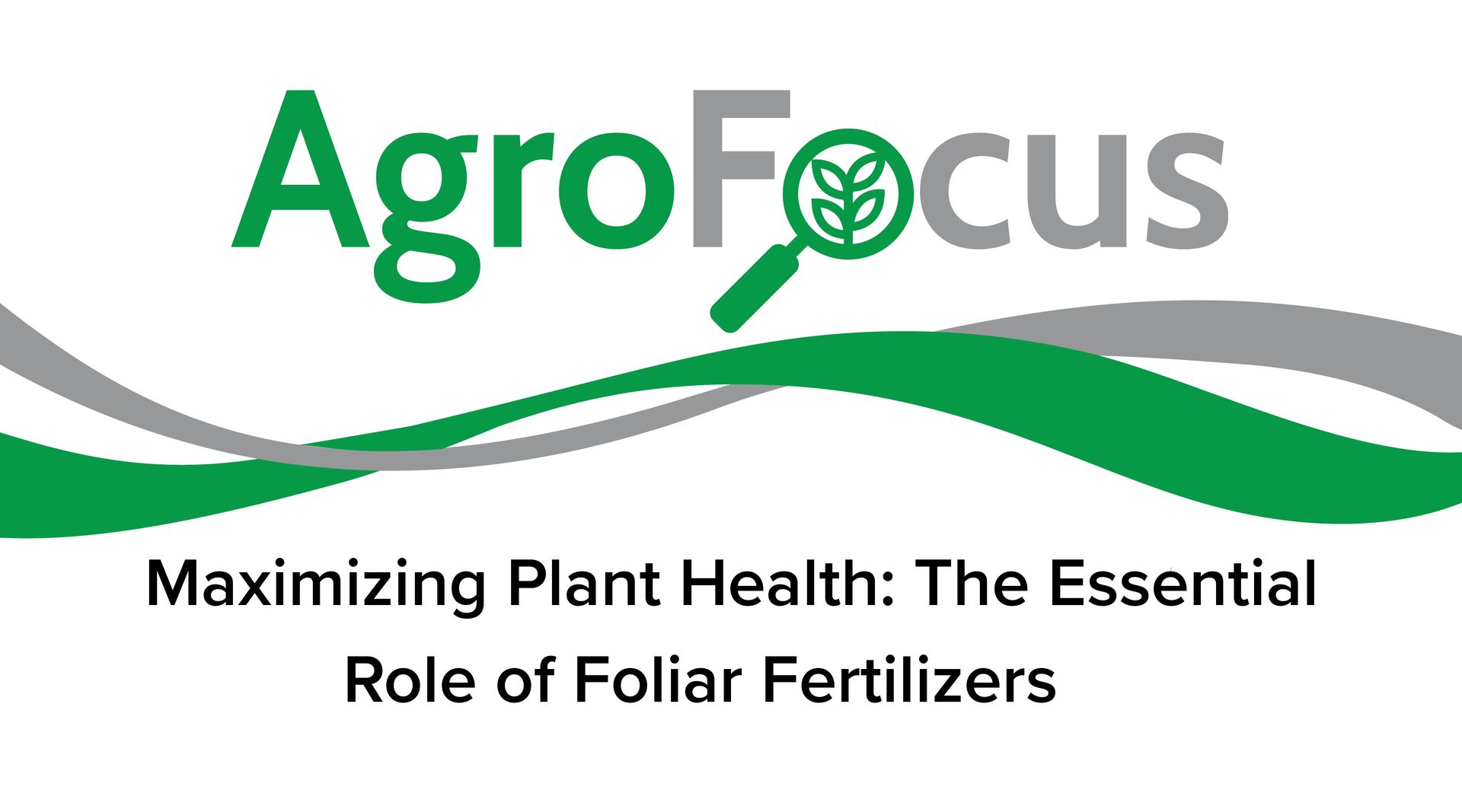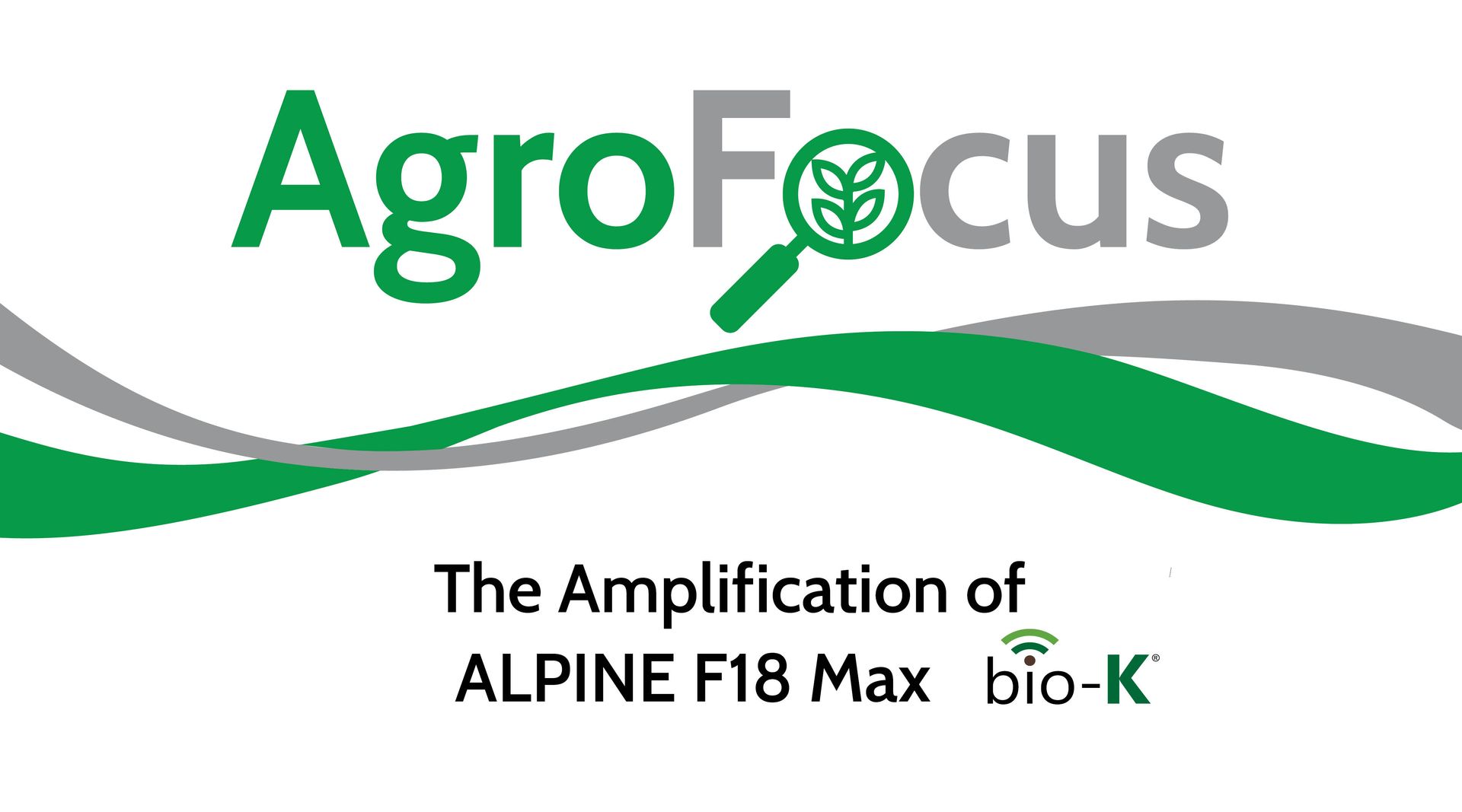NACHURS is always High Quality Plant Nutrition but sometimes we're much more than that!
The dependability of NACHURS high quality, cutting edge products play a part of all types of production and in all regions of the nation but that dependability and performance can mean so much more to others. Now I’ve worked with many crops and with all kinds of growers across the US but along with Sara Beasley, our Southern Illinois District Sales Manager, I recently encountered a legacy farm family with a different focus. During my follow up on our strawberry production, I spoke to Tom Dutkanyach, Eckert’s Production Manager, about the crop production, quality and upcoming crops. Tom spoke of the challenging weather, too much rain of course, and the cycle of production timing and harvest. Tom went on to tell us that over 16K quarts were picked the weekend before our visit. When we were there it looked like the pace hadn’t slowed all that much through the week either. We then moved on to follow up on other areas of the farm where NACHURS is also supplying products and technical services and after our final field evaluation, we went on into the Farm Market to check out the merchandising and fruit quality being sold. There, we met up with Chris Eckert, President of Eckert’s Inc., where Chris begun to share with us more of the Eckert tradition. We learned that the seed of the Eckert’s Legacy was sown, you could say, in 1837 when Johann Peter Eckert immigrated to the United States from Germany. Later migration led his son Michael to a farm they call Drum Hill near Fayetteville, Illinois just south of St. Louis. In 1890 Michael’s son Henry moved onto the Turkey Hill Farm here in Belleville, Illinois where you will find acres and acres of orchards planted with apples and peaches and countless trellises of beautiful blackberries in full bloom. Other parts of the farm fresh vegetables blanket the acres and the corner of the plot of ground is anchored with a grand Farm Store and Country Restaurant that is operated year around. Eckert’s retail operations started as a humble roadside farmstand, opened by Alvin O. Eckert in 1910 on the Turkey Hill Farm in Belleville, and have transformed into state-of-the-art facilities, including the Country Restaurant—a dining destination for down-home cooking in the St. Louis metropolitan area—and the Country Store and Garden Center, which carry seasonally fresh produce and plants, home-baked bakery treats, fresh meats and deli creations, gourmet cheeses, specialty foods and unique gift items. The Eckert family also operates orchards and general stores in Millstadt and Grafton, Illinois. The quaint, rustic Grafton farm sits atop a Mississippi River bluff outside of Alton, Illinois, and the Millstadt Fun Farm is perfect for families seeking a day or evening of outdoor country entertainment as well as apple or pumpkin picking during the fall. While visiting with Chris Eckert, I begun to realize that the traditional commercial focus of maximizing crop production here is replaced with a family focused effort both towards the Eckert family but more importantly their customer’s families. You see, the Eckert focus is all about the work and lifestyle associated with the production and the Legacy Farm, producing wholesome crops from land that has been an Eckert family mission for centuries and sharing that appreciation for the land and farm life with the families of their customers. The rolling land around the Belleville location bursts with the bounty from the Eckert land and provide countless families the pleasure of making a day of picking fruit, fellowship and on many occasions’ music and festivities. Chris tells us that on a single weekend they will play host to 6000 plus happy harvesters on the acres of strawberries and that begins the harvest and festival activities for the season. One clear advantage for a grower with this much diversity is the depth of products that we have. NACHURS is able to take advantage of all of our technologies and use our product and technical abilities here at the Eckert farm just like we have on their strawberries, blackberries and on to their pumpkins and other crops later on in the season. There’s no better advantage to production than linking the benefit of products like our Bio-K, Rhyzo-Link and Aqua-Tech together with our understanding of plant nutrition. You can find more information on the Eckert Orchard properties, seasonal crops and concert series at www.eckerts.com NACHURS has had the privilege assisting in the production of one of the most productive strawberry crops for Chris and his family and in part, helping the Eckert legacy bring wholesome fruits and vegetables to the tables of their patrons all while bringing smiles and happiness in the experience. Field to Fork as they say and the grower is able to be a part of the experience!
The dependability of NACHURS high quality, cutting edge products play a part of all types of production and in all regions of the nation but that dependability and performance can mean so much more to others.
Now I’ve worked with many crops and with all kinds of growers across the US but along with Sara Beasley, our Southern Illinois District Sales Manager, I recently encountered a legacy farm family with a different focus.
During my follow up on our strawberry production, I spoke to Tom Dutkanyach, Eckert’s Production Manager, about the crop production, quality and upcoming crops. Tom spoke of the challenging weather, too much rain of course, and the cycle of production timing and harvest. Tom went on to tell us that over 16K quarts were picked the weekend before our visit. When we were there it looked like the pace hadn’t slowed all that much through the week either.
We then moved on to follow up on other areas of the farm where NACHURS is also supplying products and technical services and after our final field evaluation, we went on into the Farm Market to check out the merchandising and fruit quality being sold. There, we met up with Chris Eckert, President of Eckert’s Inc., where Chris begun to share with us more of the Eckert tradition.
We learned that the seed of the Eckert’s Legacy was sown, you could say, in 1837 when Johann Peter Eckert immigrated to the United States from Germany. Later migration led his son Michael to a farm they call Drum Hill near Fayetteville, Illinois just south of St. Louis. In 1890 Michael’s son Henry moved onto the Turkey Hill Farm here in Belleville, Illinois where you will find acres and acres of orchards planted with apples and peaches and countless trellises of beautiful blackberries in full bloom. Other parts of the farm fresh vegetables blanket the acres and the corner of the plot of ground is anchored with a grand Farm Store and Country Restaurant that is operated year around.
Eckert’s retail operations started as a humble roadside farmstand, opened by Alvin O. Eckert in 1910 on the Turkey Hill Farm in Belleville, and have transformed into state-of-the-art facilities, including the Country Restaurant—a dining destination for down-home cooking in the St. Louis metropolitan area—and the Country Store and Garden Center, which carry seasonally fresh produce and plants, home-baked bakery treats, fresh meats and deli creations, gourmet cheeses, specialty foods and unique gift items.
The Eckert family also operates orchards and general stores in Millstadt and Grafton, Illinois. The quaint, rustic Grafton farm sits atop a Mississippi River bluff outside of Alton, Illinois, and the Millstadt Fun Farm is perfect for families seeking a day or evening of outdoor country entertainment as well as apple or pumpkin picking during the fall.
While visiting with Chris Eckert, I begun to realize that the traditional commercial focus of maximizing crop production here is replaced with a family focused effort both towards the Eckert family but more importantly their customer’s families.
You see, the Eckert focus is all about the work and lifestyle associated with the production and the Legacy Farm, producing wholesome crops from land that has been an Eckert family mission for centuries and sharing that appreciation for the land and farm life with the families of their customers.
The rolling land around the Belleville location bursts with the bounty from the Eckert land and provide countless families the pleasure of making a day of picking fruit, fellowship and on many occasions’ music and festivities. Chris tells us that on a single weekend they will play host to 6000 plus happy harvesters on the acres of strawberries and that begins the harvest and festival activities for the season.
One clear advantage for a grower with this much diversity is the depth of products that we have. NACHURS is able to take advantage of all of our technologies and use our product and technical abilities here at the Eckert farm just like we have on their strawberries, blackberries and on to their pumpkins and other crops later on in the season. There’s no better advantage to production than linking the benefit of products like our Bio-K, Rhyzo-Link and Aqua-Tech together with our understanding of plant nutrition.
You can find more information on the Eckert Orchard properties, seasonal crops and concert series at www.eckerts.com
NACHURS has had the privilege assisting in the production of one of the most productive strawberry crops for Chris and his family and in part, helping the Eckert legacy bring wholesome fruits and vegetables to the tables of their patrons all while bringing smiles and happiness in the experience.
Field to Fork as they say and the grower is able to be a part of the experience!
